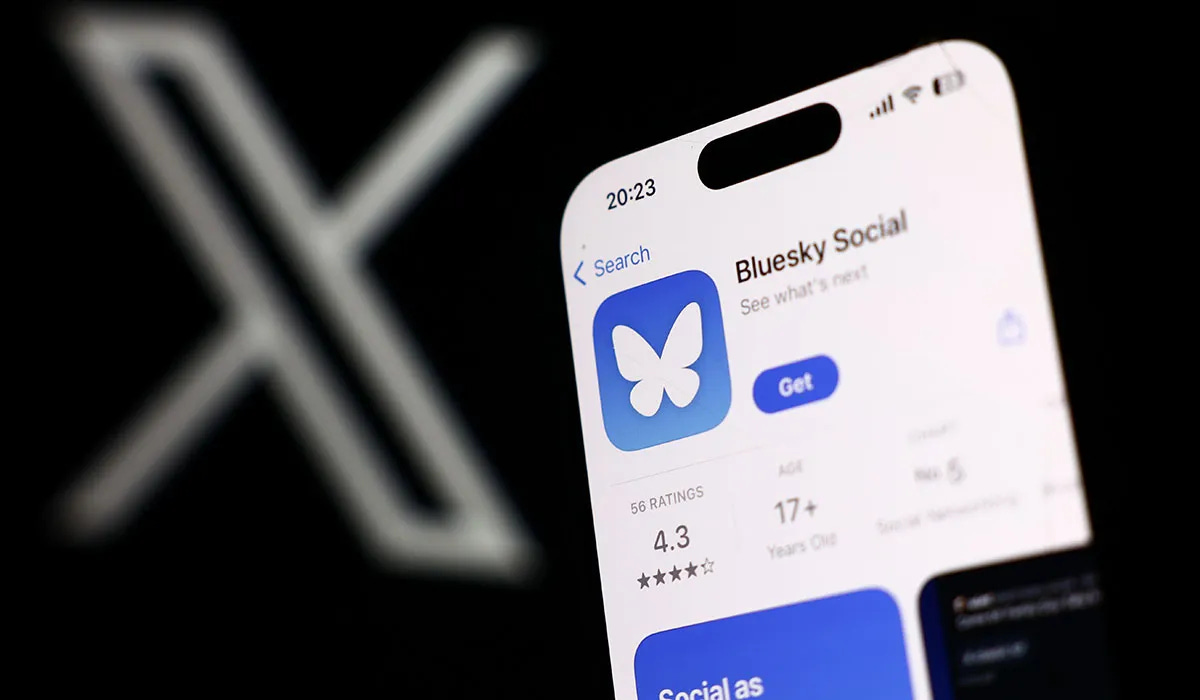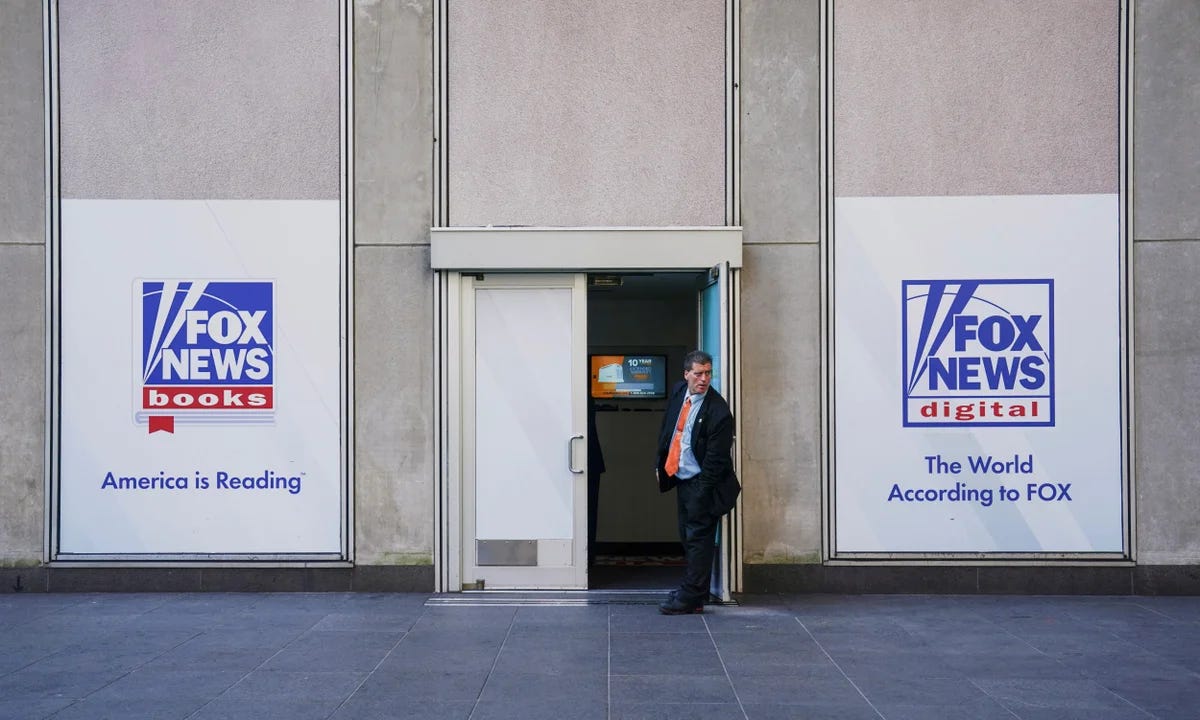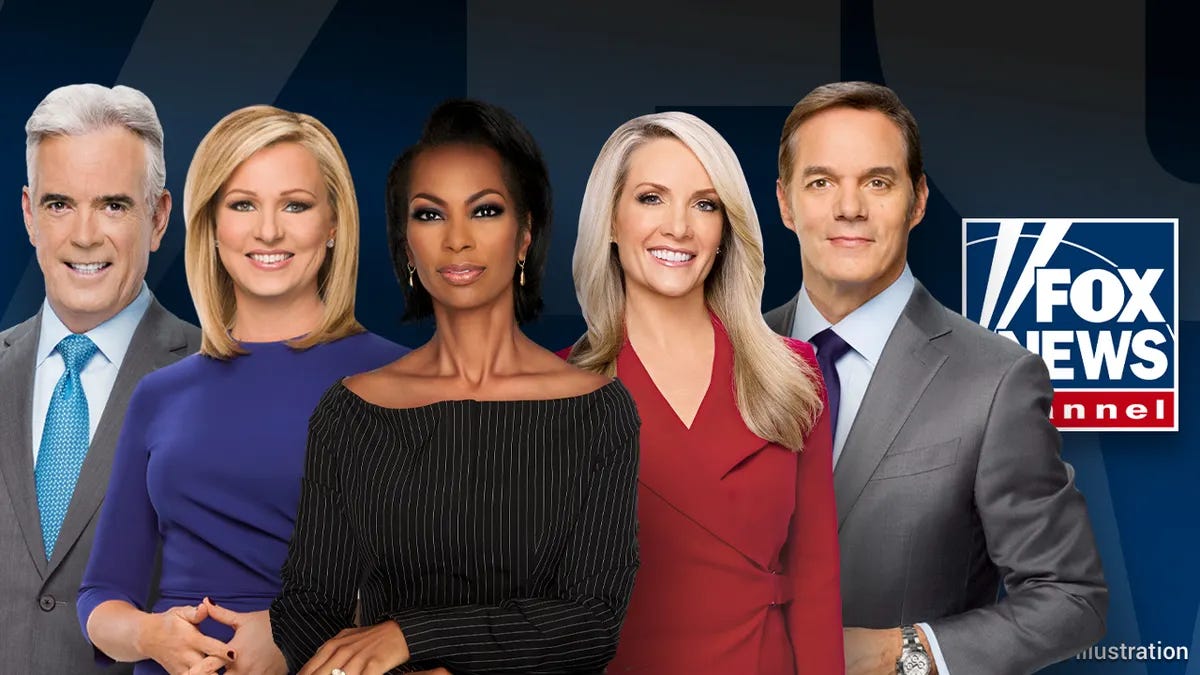Bluesky is the new social media darling, exploding in popularity as disillusioned X users seek refuge. Branded as a “safer space” free from harassment and hate, this decentralized platform promises a fresh start—but is it just another bubble?
Critics have described it as grossly overregulated and inauthentic. Even some of its proudest proponents admit it has an uninspiring user experience
Whether or not Bluesky will ever be able to compete is ultimately just speculation at this point. A far more interesting way to unpack the “challenger” brand Bluesky is through its striking similarities to Fox News.
Why Users Are Flocking from X to Bluesky
But first, we have to understand why all this is happening. Largely, it’s because X users feel the platform has become too “toxic” and lacks stringent anti-hate rules and regulations.
Many dislike Elon Musk’s outspoken support for Donald Trump. Others are frustrated by feeds filled with content clashing with their political or moral beliefs.
The appeal of Bluesky is obvious when viewed through that context. People want an environment where they are “in control”.
What does that look like? Primarily, it’s the ability to customize your feed, filter out specific views, and cultivate a unique environment.
There is also the guaranteed baseline “protection” of “anti-toxicity” features.
People want a space where they are surrounded by views they intend to see and that they can agree with. Essentially, they want news viewed through a more favorable prism.
Fox News: The Conservative Magnet
Fox News is a modern-day behemoth, drawing more primetime viewers than NBC and CNN combined. Its shows top ratings charts, its segments go viral, and its commentators are household names.
It’s also derided as a conservative propaganda machine, a breeding ground for conspiracy theories, and a major threat to American democracy
But how did we get here?
Established in 1996, the multinational conservative network capitalized on a huge gap in the media market. There was an idea that existing networks like CNN and NBC favored the Democratic Party, which was reflected in their coverage.
The idea with Fox News was to offer the many conservative Americans an alternative to the existing media. Though the slogan was “Fair and Balanced”, the real pitch was a conservative news environment.
People were sick of the coverage they received on the big news channels primarily because it didn’t align with their politics. Sound familiar?
Fast forward and Fox News is (according to many surveys) the most ideological news platform in the country. Despite a stubborn insistence that it is unbiased, the channel continues to attract an overwhelming conservative audience.
The more controversy and liberal hate it receives, the better it fares. That’s because its fundamental appeal is its biased ecosystem.
Fox News and Bluesky: Opposite Audiences, Same Playbook
The appeal is the same even if the audiences are opposites. Bluesky tells disenfranchised X users that there’s a better place for them to consume media, free from right-wing trolls and misinformation.
Fox News told disenfranchised TV viewers that there was a better place for them to hear about news, free from left-wing commentators and progressive propaganda.
Obviously, the target audience is somewhat flipped but the core appeal is the same.
Of course, neither Fox News nor Bluesky would openly admit this. They’d likely lean on corporate buzzwords like “independence,” “safety,” or “truth” to describe their missions.
However, it’s far more useful to look at why people are motivated to buy a product than why the company says people will buy their product.
And in the case of both Bluesky and Fox News, people leave established media for a more favorable news experience.
Has Media Polarisation Gone Too Far?
We’ve reached a point where people can’t even tolerate sharing a news channel or social media space with those who disagree with them. Our media landscape is more splintered than ever.
Fox News has no liberal commentators, and Bluesky lacks conservatives. That’s a design feature, not a bug. People are attracted to these media outlets partly because of what they offer but primarily because of what (or who) they exclude.
However, this is simply a symptom. We’d be a divided country with or without Bluesky and Fox News.
The issue is not the fact these platforms encourage people to isolate themselves in an information bubble.
The real issue is how much society craves it. Fox News is the biggest news channel in American history. Bluesky is blowing up on every page.
Platforms become more partisan as we become more partisan. Railing against Fox News or scoffing at Bluesky won’t solve anything. We need a real shift in the way we approach politics and important discussions.
What we need is to be more considerate of the other side — whatever that means. That doesn’t mean backing down from the fight or second-guessing yourself.
But it does mean questioning your assumptions, checking your sources, and above all else, listening to one another.
We have the opportunity to approach future elections (and life) with an open heart and a curious mind.
We won’t always be right, and our opponents won’t always be wrong. The real path forward lies in holding our media accountable and approaching one another with compassion.
Or we can scurry back to our information bubbles. We’ve gotten good at that.
About the Author
Leonard Cavallaro is The Biased Journalist, offering critical takes and cutting insights into American politics. Whether deconstructing media narratives or crafting his own biased articles, his work aims to challenge readers to see all sides.
Unpacking The Article
As always, this article was biased in its own way. For more on why I write biased articles, feel free to check out my mission page or ask me directly in the comments.
Now this was a #TeamIndependent article with an anti-partisan undercurrent and centrist leanings. The parallels drawn between left-wing and right-wing information ecosystems expressed a disdain for both.
There was a strong belief expressed that a ‘middle ground’ was necessary for cohesion into the future. There was also a general dislike but subtle grudging respect expressed for both Bluesky and Fox News.
Of course, the bias swings around regularly. That constant swinging between different viewpoints is what makes this publication so interesting to write (and hopefully to read!)
I’m weighing up a series of bios on rising political figures - think Wes Moore, Charlie Kirk, AOC, and Ben Shapiro. If you’ve got any suggestions, feel free to let me know!
In the meantime, stay sharp and engaged.
Yours critically,
Leonard Cavallaro
(The Biased Journalist)











I clicked on this article because of its provocative title and find myself agreeing with some of your insights. There are two things I would like to add.
There's a crucial aspect missing from this analysis: Bluesky's global user base. It's not just a refuge for left-wingers fleeing Trump-supporting TwitterX; it can't be, because roughly half of its users (so far) are from outside the US. This changes the narrative significantly, as it's not just about a partisan echo chamber, but also about people seeking genuine interaction without any sort of political alignment.
Bringing me the second point. Even left-wingers might join Bluesky for reasons beyond politics, such as its decentralized nature and because it's not as 'enshittified' as TwitterX: full of ads, bots and revenue-driven design choices. In fact, Bluesky has potential resistance to enshittification. We'll have to see if that remains true when it really starts taking up market share.
This seems like a nice place to shamelessly share my recent post about the phenomenon of enshittification: https://pqrubin.substack.com/p/enshittified
Point is, it's not just about escaping right-wing trolls, but also about finding a platform that's more community-driven and less beholden to corporate interests.
Well said. At first, I was tempted to dismiss the criticism of Bluesky. After reading more of the article, I saw your point ... to a degree.
Yes, we 'naturally' tend toward those people, places, ideas, philosophies, news sources, etc., that align with our existing beliefs and biases. We support them and join in by shouting, “Me too!” at the TV or computer screen.
I lost my taste for X (formerly known as Twitter) when it was still Twitter, finding it awkward to use and generally uninteresting. I finally cancelled my account when it became X, largely because the platform was as meaningless as the name.
All the social media sites and news organizations seem to be going the same routes: either being bland and pointless or finding (or creating) a niche where people can congregate, bitch, and shout "Me too!". Part of that, I suppose, is human nature - wanting to feel accepted as part of a group. But a big part of it is the external pressure to swear allegiance (or fealty) to some purpose or person, whether you totally agree or not.
I've written some about what seems to be a purely American (U.S.A., not the rest of 'the' Americas) mythical creation: Rugged Individualism. The obvious irony in the myth is that we all should or 'have to' subscribe to it. Then, of course, the term loses all of its meaning - if it ever had any.